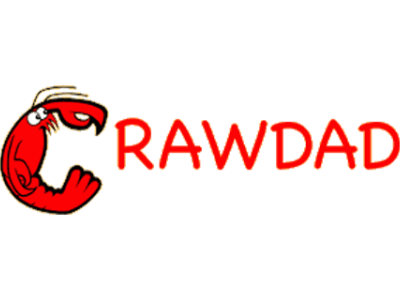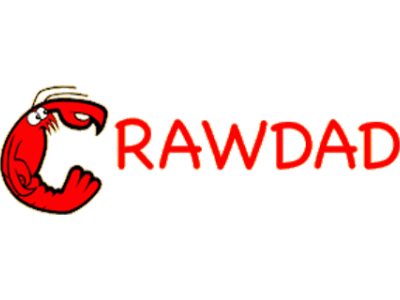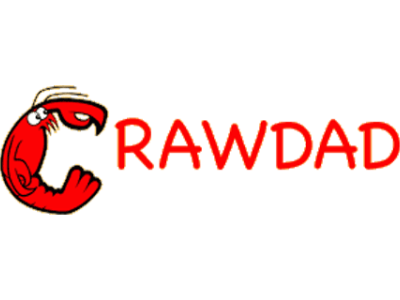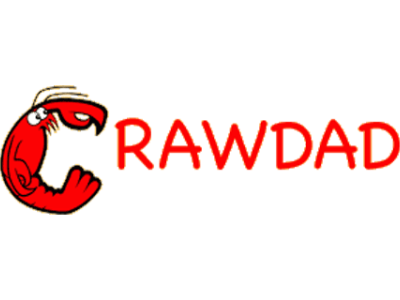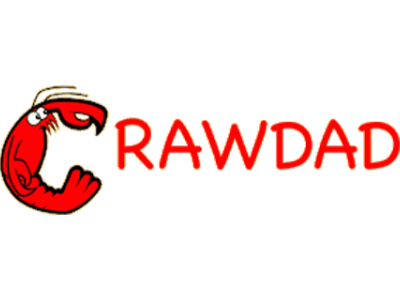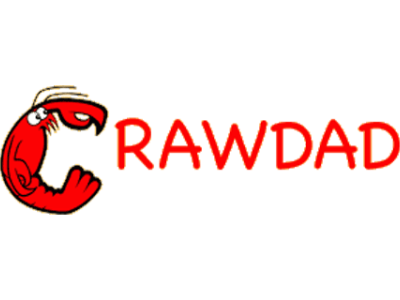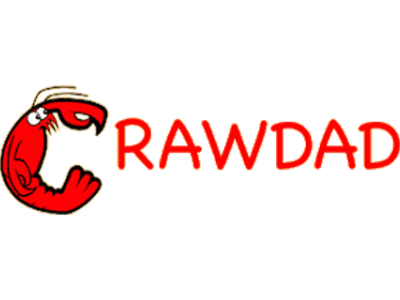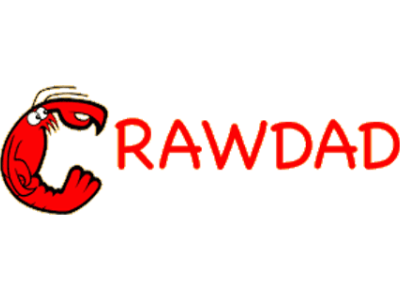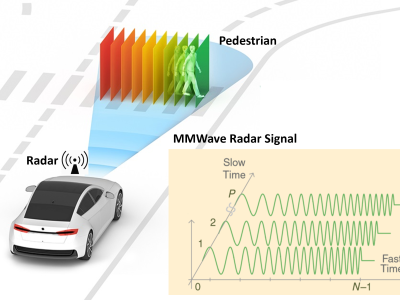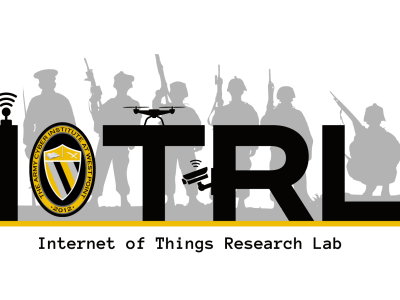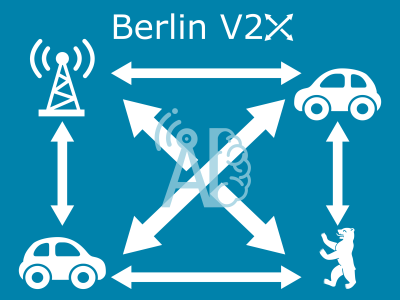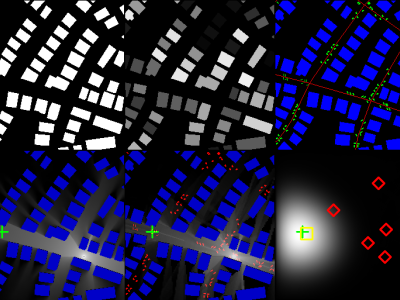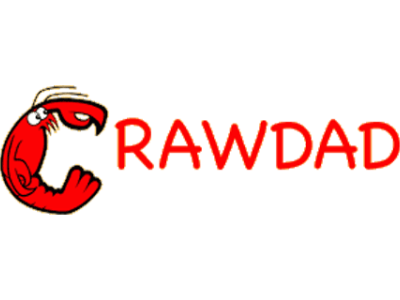CRAWDAD dartmouth/cenceme
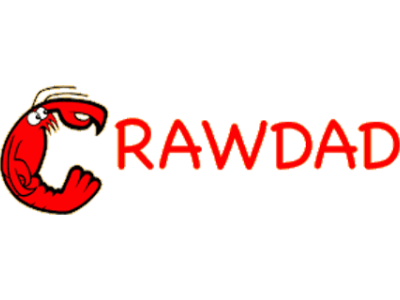
- Citation Author(s):
-
Mirco Musolesi (University of St. Andrews)Kristof Fodor (Ericsson Research)Mattia Piraccini (University of Bologna)Antonio Corradi (University of Bologna)Andrew Campbell (Dartmouth College)
- Submitted by:
- CRAWDAD Team
- Last updated:
- DOI:
- 10.15783/C76P4X
- Data Format:
 221 views
221 views
- Categories:
- Keywords:
Abstract
CenceMe is a sensing system based on standard and sensor-enabled mobile phones. CenceMe uses the output of the phones' sensors and external data (if such is available) to infer human presence and activity information. This dataset contains movements and inferred activities of participants using CenceMe on their mobile phones.
The CenceMeLite traces were collected from 2008-07-28 to 2008-08-11 by students and staff members at Dartmouth College.
last modified 2010-08-30
reason for most recent change the initial version
release date 2008-08-13
date/time of measurement start: 2008-07-28
date/time of measurement end: 2008-08-11
collection environment: CenceMe is a personal sensing system, which uses sensor data gathered using mobile devices (e.g. sensor-enabled cell phones) to learn about the activities of their carriers.
network configuration: The dataset was collected during the deployment of a modified version of the CenceMe application, CenceMeLite, that logged all the sensed information and high-level inferred activities on the phone's on-board flash memory.
data collection methodology: The phones recorded information about the system and raw data from accelerometer and GPS devices.
limitation: Some users did not use the phone much and thus did not collect useful data.
CenceMeLite traces collected by students and staff members at Dartmouth College.
The data were collected by means of 20 Nokia N95 phones carried by students and staff members from the departments of Computer Science and Biology at Dartmouth College.
network type: sensor network
methodology: The dataset includes the following information for each user: accelerometer raw data and GPS location coordinates.
format of trace data: In the files there are both information lines (about system configuration) and data lines. Information lines are written when the system is started.
All lines (except for the preamble written at the start of the system) start with a timestamp followed either by the keyword INFO (for information lines) or DATA (for data lines).
The preamble written when the system starts consists of the following three lines:
------------- NEXT LOG ------------------
Data lines can be distinguished with the keywords: ACC, ACT, GPS.
ACC lines contain accelerometer raw data in the format: Timestamp DATA (0) - ACC: Xacc,Yacc,ZaccXacc,Yacc,Zacc... where: - Timestamp is the time when the line has been written into the log file. - Xacc, Yacc, Zacc are respectively the accelerations on the three axes. Every accelerometer sample is separated by the symbol *.
ACT lines contain information about inferred activities in the following format: Timestamp DATA (0) - ACT: AccSamplingStart,AccSamplingEnd, Fact, where: - Timestamp is the time when the line has been written into the log file. - AccSamplingStart is the time the accelerometer starts the sampling. - AccSamplingEnd is the time the accelerometer starts the sampling. The codes of the different facts ("Fact" field) are the following:
Sitting: 0 Running: 1 Walking: 2 Standing: 5
"AccSamplingStart" and "AccSamplingEnd" are the start and end times of the interval during which the accelerometer data used for classification of that particular activity were collected.
GPS lines are of 3 types: - No samples - N samples - the string "GPS-Skipped: user sitting".
------------------------------------
Instructions:
The files in this directory are a CRAWDAD dataset hosted by IEEE DataPort.
About CRAWDAD: the Community Resource for Archiving Wireless Data At Dartmouth is a data resource for the research community interested in wireless networks and mobile computing.
CRAWDAD was founded at Dartmouth College in 2004, led by Tristan Henderson, David Kotz, and Chris McDonald. CRAWDAD datasets are hosted by IEEE DataPort as of November 2022.
Note: Please use the Data in an ethical and responsible way with the aim of doing no harm to any person or entity for the benefit of society at large. Please respect the privacy of any human subjects whose wireless-network activity is captured by the Data and comply with all applicable laws, including without limitation such applicable laws pertaining to the protection of personal information, security of data, and data breaches. Please do not apply, adapt or develop algorithms for the extraction of the true identity of users and other information of a personal nature, which might constitute personally identifiable information or protected health information under any such applicable laws. Do not publish or otherwise disclose to any other person or entity any information that constitutes personally identifiable information or protected health information under any such applicable laws derived from the Data through manual or automated techniques.
Please acknowledge the source of the Data in any publications or presentations reporting use of this Data.
Citation:
Mirco Musolesi, Kristof Fodor, Mattia Piraccini, Antonio Corradi, Andrew Campbell, dartmouth/cenceme, https://doi.org/10.15783/C76P4X , Date: 20080813


